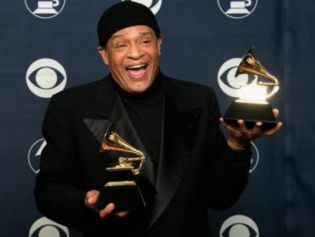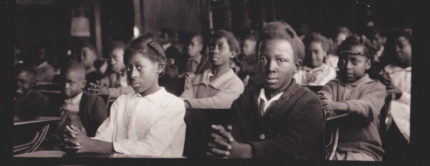For the better part of this year, I haven’t been able to shake a certain phrase from the back of my mind. It was written by the pianist and composer Vijay Iyer in the liner notes to his brilliant trio album Accelerando: “[T]his album is in the lineage of American creative music based on dance rhythms.”
It’s one of the more precise descriptions I’ve encountered for my favorite jazz records, in this year or any. None of them sing the blues the same way. But deep down, they all feel how rhythm is fundamentally movement. They all represent the utmost levels of creativity. They all plug into the wisdom of a tradition which precedes them, and they all aim to build upon it.
Here, in alphabetical order, are my top ten albums in the great lineage of jazz and improvised music of 2012.
Billy Hart, ‘All Our Reasons’
Album: All Our Reasons
Among the cooler things about learning to play jazz is that you can often call up your elders, and sometimes even your idols, and see if they will perform with you. That’s what saxophonist Mark Turner, bassist Ben Street and The Bad Plus pianist Ethan Iverson did when they asked veteran drummer Billy Hart to sit with them. Now that it’s officially Hart’s band — it was a friendly takeover — and now that he’s got a record deal, it turns out he’s more modern than the modernists. On All Our Reasons, he gets a little breathing room to indulge all his percussive fancies and the rest of the band floats along for the ride. There’s wisdom here: It seeps into every open space, and neat turn of phrase, and tapered ending, and unexpected fill. Occasionally, there’s catharsis too.
Darius Jones Quartet, ‘Book of Mae’bul’
Album: Book of Mæ’bul (Another Kind of Sunrise)
The first thing you notice about alto saxophonist Darius Jones is his tone, a presence so pungent and plangent you wonder how a thirty-something could have lived enough of the blues to possess it. (One answer: grow up as a black man in the American South, as Jones has.) But as this third volume in a loosely autobiographical trilogy demonstrates, he’s got much more than just a searing sound. While his early reputation was based largely around his free improvising, Book of Mae’bul finds Jones plotting eight defined compositions for a new quartet. This is unfolding music, music whose long tones and dissonances sound naive at first and increasingly meaningful as they gnaw at you. One standout ballad is called “Be Patient With Me,” good advice for something this potent.
Read more: Patrick Jarenwattananon,NPR


